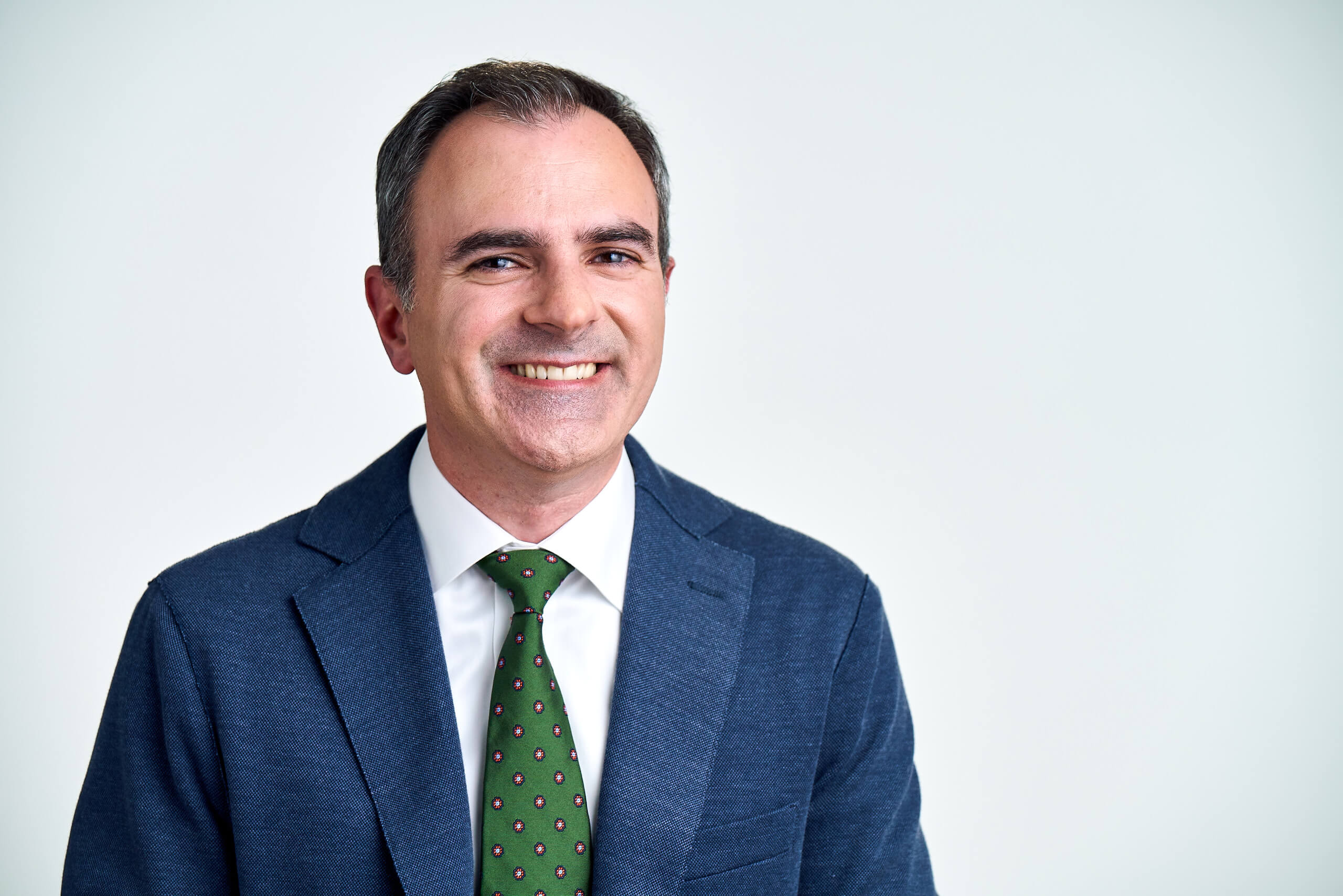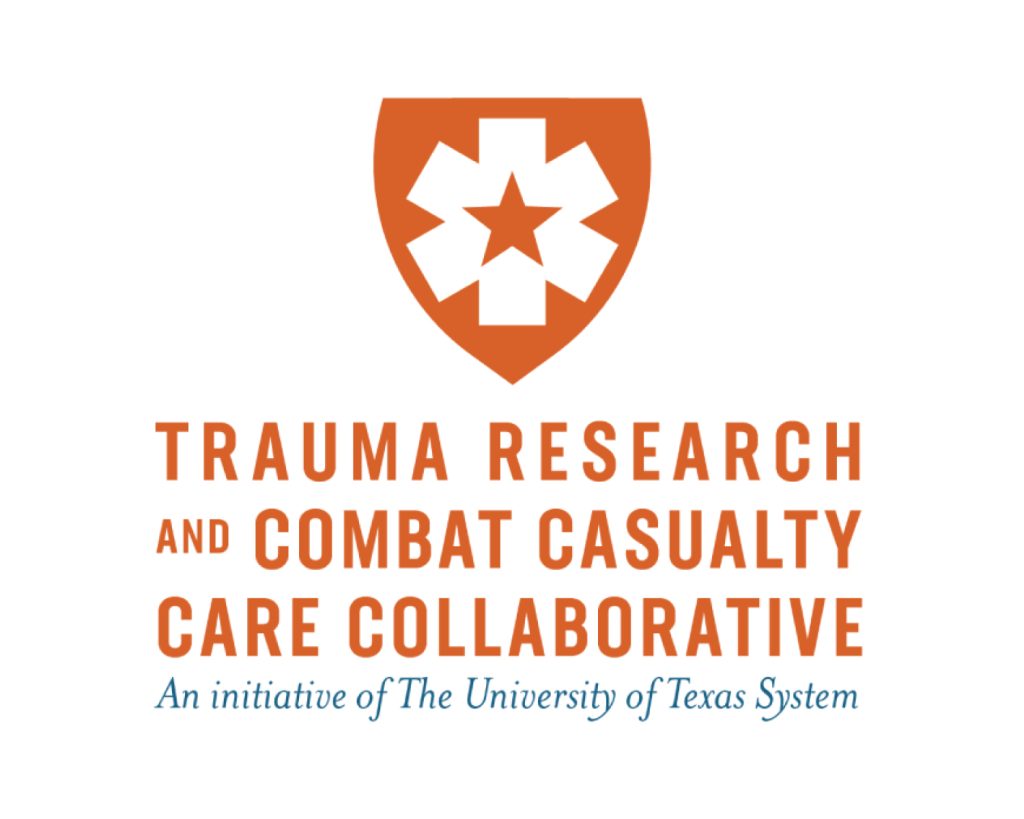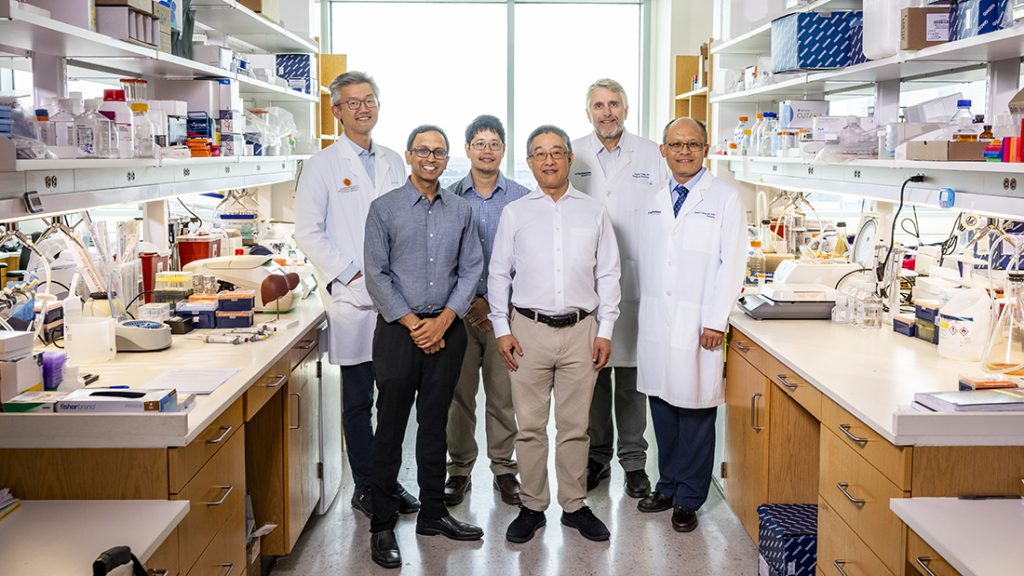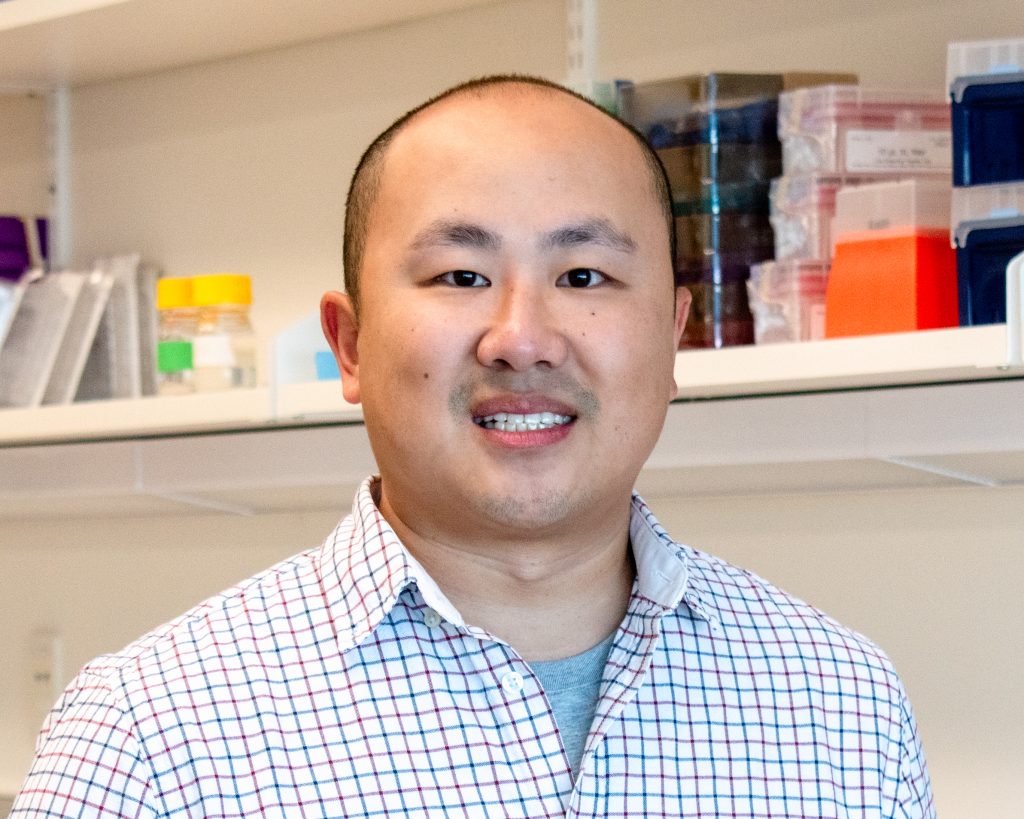Ralph DeBerardinis, M.D., Ph.D., a Professor at Children’s Medical Center Research Institute at UT Southwestern (CRI), is one of three researchers awarded the 2021 Memorial Sloan Kettering Paul Marks Prize for Cancer Research. The award recognizes outstanding early and midcareer investigators who have made significant contributions to increase the understanding of cancer or improve the treatment of the disease through basic or clinical research.
 Dr. DeBerardinis, who is also a Howard Hughes Medical Institute (HHMI) Investigator, is known for his discoveries in cancer metabolism and research into genetic conditions in children known as inborn errors of metabolism. At UT Southwestern, he is co-leader of the Cellular Networks in Cancer Program at the Harold C. Simmons Comprehensive Cancer Center.
Dr. DeBerardinis, who is also a Howard Hughes Medical Institute (HHMI) Investigator, is known for his discoveries in cancer metabolism and research into genetic conditions in children known as inborn errors of metabolism. At UT Southwestern, he is co-leader of the Cellular Networks in Cancer Program at the Harold C. Simmons Comprehensive Cancer Center.
“I am honored to receive this award and follow in the footsteps of many other amazing cancer researchers,” said Dr. DeBerardinis, who is Chief of the Division of Pediatric Genetics and Metabolism at UT Southwestern and an attending physician at Children’s Health. “It’s a particular honor to receive an award named for Dr. Marks, a geneticist and physician-scientist who had a transformative impact on research and treatment in cancer.”
Dr. DeBerardinis’ achievements include helping to pioneer a new way to study altered metabolism directly in cancer patients. This has allowed his team to uncover the mechanisms by which tumors use nutrients to produce energy and to identify metabolic pathways that allow tumors to grow and spread. The approach provides researchers with insights about cancer metabolism in the human body, which differs in some ways from the metabolism of the same cells growing in laboratory dishes. This approach is now being used to study metabolism in patients with nearly a dozen forms of cancer. The long-term goal of this research is to develop new drugs that destroy cancer cells by targeting metabolic differences between cancer cells and normal cells.
The DeBerardinis laboratory also discovered that lactate is metabolized by human tumors growing in the lung, a finding that challenges a nearly century-old observation known as the Warburg effect. This effect considered lactate to be a waste product of tumor metabolism. The finding opens new avenues for the study of potential therapeutics as well as new imaging techniques in lung cancer – the world’s leading cause of cancer deaths.
“Ralph is changing the field of cancer metabolism by pioneering new approaches to study tumor metabolism in humans. His studies reveal the importance of mitochondrial function in many cancers, a facet of cellular metabolism that was underappreciated in cancer,” said Sean Morrison, Ph.D., Director of the CRI and member of the Simmons Cancer Center, who serves on the selection committee.
Along with the other two recipients, Dr. DeBerardinis will receive a medal and an award of $50,000 and speak about his research at a virtual lecture series hosted by MSK. Dr. DeBerardinis will donate the prize money to the Provost’s Initiative for Diverse Emerging Scholars (PROVIDES) fellowship program at UT Southwestern. This initiative encourages mentorship, scholarship, and recruitment of career scientists from minority groups underrepresented in biomedical science.
“The award is a tribute to the members of my laboratory, the patients who participate in our research, and the incredible environment for discovery at CRI and UT Southwestern. I’m happy that the prize will help UT Southwestern recruit and mentor outstanding young scientists to carry on this legacy,” said Dr. DeBerardinis, a Professor of Pediatrics who also holds an appointment in the Eugene McDermott Center for Human Growth and Development at UTSW.
At CRI, Dr. DeBerardinis is the Robert L. Moody, Sr., Faculty Scholar and Director of the Genetic and Metabolic Disease Program (GMDP). He is also one of 16 faculty members at UT Southwestern who are members of the National Academy of Medicine.
Dr. DeBerardinis holds the Joel B. Steinberg, M.D. Distinguished Chair in Pediatrics and is a Sowell Family Scholar in Medical Research.



